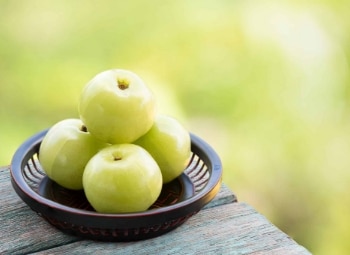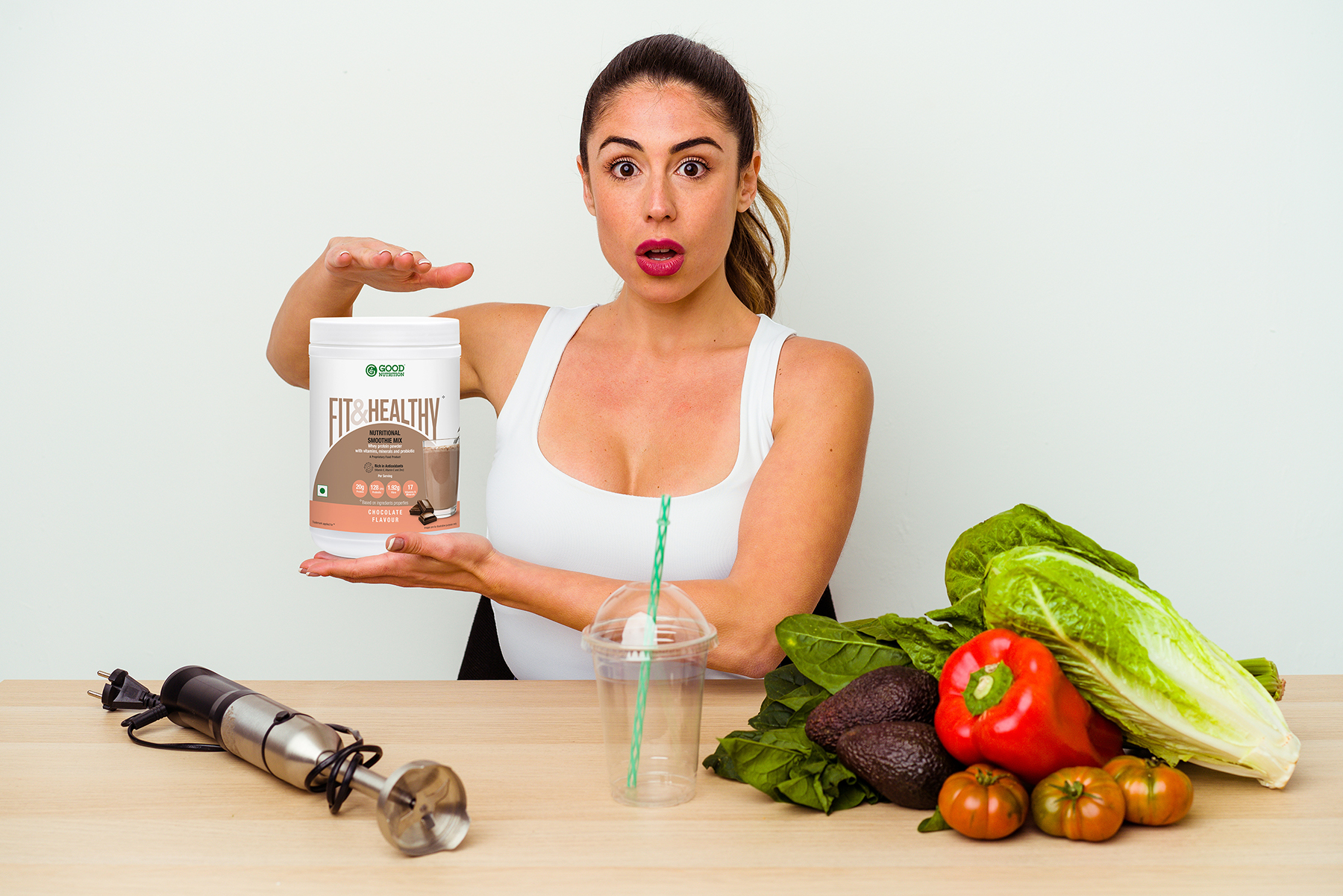What is protein?
Protein is one the important macronutrients out of the three macronutrients. The other 2 macronutrients are fat and carbohydrates. While all the three macronutrients are required in large quantities for the functioning of the body, protein is known to be an important nutrient when it comes to weight loss.
Proteins are organic molecules made up of amino acids – the building blocks of life. These amino acids are joined together by chemical bonds and then folded in different ways to create three-dimensional structures that are important to our body’s functioning.
Protein performs many important functions in the body
Protein is required for the wear and tear of the body. Protein helps build and repair cells and body tissues, including the skin, hair, muscle, and bone. Protein is also important for blood clotting, immune system responses, hormones, and enzymes.
What should be the ideal protein intake?
As per the Indian Council of Medical Research (ICMR). the recommended dietary allowance of protein for an average Indian adult is 0.8 to 1 gm per kg body weight. however, the average intake is about 0.6 gm per kg body weight.
Research indicates that Indians are consuming much lesser protein than required. As per a consumer survey, close to 9 out of 10 Indian consumers had a diet deficient in protein. Therefore, in reality, we are not eating enough protein on a daily basis.
Consuming lesser protein over time can lead to loss of muscle mass, lowered metabolism, low energy levels and reduced immunity.
How consuming enough protein helps in weight loss?
One of the effective strategies for weight loss is to have high protein which is of good quality This will help attain weight loss and also maintain it. Here’s the reason why:
-
Protein helps you feel full for a longer time and makes you less hungry.
Research data consistently shows that protein helps you feel full longer and, as a result, lose weight. This is because the body takes longer time to break down protein than fat or carbohydrates. The release of satiety hormone is also stimulated with the consumption of protein.
Therefore, we feel less hungry for a longer period of time and tend to eat less. Increasing the protein content in the diet from 15% to 30% showed marked increase in satiety, decreased caloric intake of around 400kcal along with fat loss and subsequently weight loss.
-
The process of digestion and absorption of protein in the intestine burns higher calories than carbohydrate and fat.
All the nutrients in the body require energy for their digestion and absorption. This is called ‘diet induced thermogenesis’(DIT) in scientific term. DIT refers to the energy required for intestinal absorption of nutrients, early stages of nutrient metabolism, and nutrient storage. Protein is the most metabolically demanding macronutrient for your body to digest and absorb. Simply explained, if you consume 100kcal of protein, 20kcal- 30kcal will be expended by your system to break down that protein as compared to carbohydrate and fats which will expend only 5kcal- 10kcal and 0kcal to 3kcal to break down.
Therefore, consumption of protein leads to higher energy expenditure which is beneficial for weight loss.
-
Helps build and maintain muscles
Many clinical trials have shown that consuming more protein than the recommended dietary allowance induces weight loss and improves body composition regardless of total energy intake.
A hypocaloric diet with enough protein and physical activity can help maintain muscle mass and improve muscle strength. When we don’t consume enough protein while losing weight, our body takes it from somewhere, like our muscles, resulting in muscle loss. Therefore, to attain fat loss and not muscle loss, it is important that we consume enough protein.
Try the satiety effect of protein at home!To your carb-based breakfast which may be a small plate of poha or upma, add a small cup of sprouts or 2 eggs (if you are an egg-eater) or simply enjoy a glass of Good Nutrition Smoothie Mix. Notice for how long you are not feeling hungry. Let us know in the comment section below! |
Proteins constitute an important part of a well-balanced diet and must be planned out well in each meal. It is vital that protein food is included in all the meals and snacks throughout the day. Consuming protein in one single meal and excluding it in other meals will not meet the protein requirements throughout the day.















